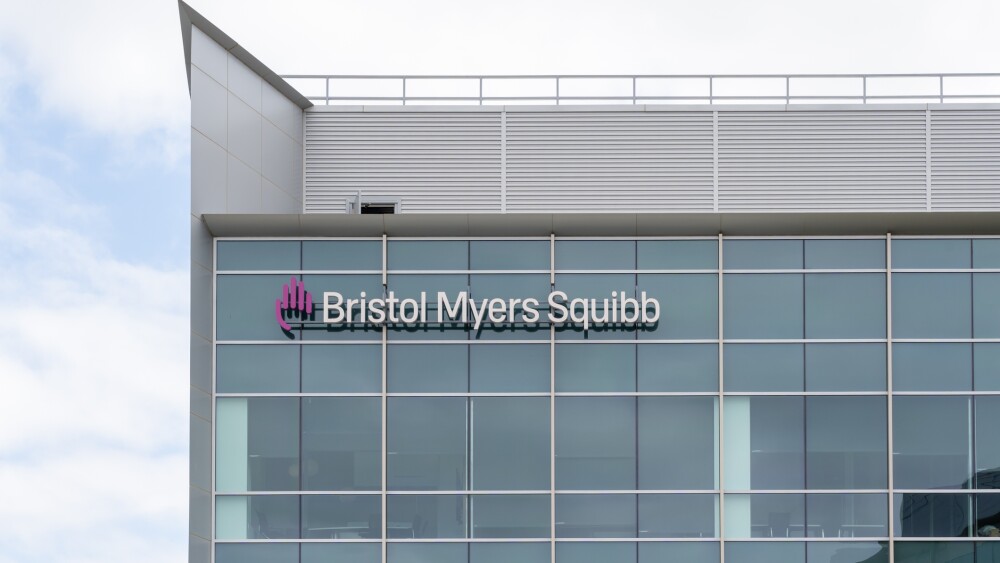Seelos Therapeutics, Inc. (Nasdaq: SEEL), a clinical-stage biopharmaceutical company focused on the development of therapies for central nervous system disorders and rare diseases, today announced the initiation of a preclinical study of SLS-004 in Parkinson’s disease (PD) through an all-in-one lentiviral vector targeting the synuclein alpha (SNCA) gene. Seelos is constructing a bimodular viral system harboring an endogenous alpha-synuclein (α-synu
NEW YORK, May 28, 2020 (GLOBE NEWSWIRE) -- Seelos Therapeutics, Inc. (Nasdaq: SEEL), a clinical-stage biopharmaceutical company focused on the development of therapies for central nervous system disorders and rare diseases, today announced the initiation of a preclinical study of SLS-004 in Parkinson’s disease (PD) through an all-in-one lentiviral vector targeting the synuclein alpha (SNCA) gene.
Seelos is constructing a bimodular viral system harboring an endogenous alpha-synuclein (α-synuclein) transgene and inducible regulated repressive CRISPR/Cas9-unit to achieve constitutive activation and inducible suppression of PD-related pathologies.
“There has been a high level of interest in the alpha-synuclein approach to Parkinson's and beginning further work on our first gene therapy program is exciting,” said Raj Mehra, Ph.D., Chairman and CEO of Seelos. “Initiating this preclinical study earlier than expected is also very significant."
Previously, it was shown that enrichment in DNA methylation at intron 1 of the α-synuclein gene SNCA, through SLS-004, facilitated robust and precise repression of SNCA expression, which coincides with rescuing of PD-phenotypes. The SNCA gene, which encodes α-synuclein expression, has been implicated as a highly significant risk factor for PD. Accumulative evidence suggests that elevated levels of wild-type α-synuclein are causative in the pathogenesis of PD. The role of SNCA overexpression in PD pathogenesis and the need to maintain normal physiological α-synuclein protein levels emphasize the so far unmet need to develop new therapeutic strategies, such as SLS-004, targeting the regulatory mechanisms of SNCA expression.
About Alpha-synuclein (α-synuclein)
Alpha-synuclein (α-synuclein) is a protein which is of great interest to Parkinson's researchers because it is a major constituent of Lewy bodies and Lewy neurites, protein clumps that are the pathological hallmark of synucleinopathies, such as Parkinson's disease, dementia with Lewy bodies (DLB) and multiple system atrophy (MSA). In the several years since its discovery, alpha-synuclein has been the focus of intensive efforts by PD researchers working to definitively characterize the protein's role in Parkinson's and its potential as a target for neuroprotective therapies.
In 2017, The Michael J. Fox Foundation convened leaders from academia and industry to form the Alpha-Synuclein Clinical Path Working Group. The group's goal was to lay out a roadmap to advance drugs targeting alpha-synuclein proteins and increase their odds of success.
For more information, please visit: https://www.michaeljfox.org/news/roadmap-alpha-synuclein
Forward Looking Statements
Statements made in this press release, which are not historical in nature, constitute forward-looking statements for purposes of the safe harbor provided by the Private Securities Litigation Reform Act of 1995. These statements include, among others, those regarding the initiation and completion of the preclinical study of SLS-004, expectations regarding the efficacy of SLS-004 and a bimodular viral system to suppress PD-related pathologies, the role of SNCA gene in PD pathogenes is the ability of SLS-004 to target the regulatory mechanisms of SNCA expression These statements are based on Seelos' current expectations and beliefs and are subject to a number of factors and uncertainties that could cause actual results to differ materially from those described in the forward-looking statements. Risks associated to Seelos' business include, but are not limited to, the risk of not successfully executing its preclinical and clinical studies and not gaining marketing approvals for its product candidates, the risks associated with the implementation of a new business strategy, the risks related to raising capital to fund its development plans and ongoing operations, risks related to Seelos’ current stock price, risks related to the global impact of COVID-19, as well as other factors expressed in Seelos' periodic filings with the U.S. Securities and Exchange Commission, including its Annual Report on Form 10-K and Quarterly Reports on Form 10-Q. Although we believe that the expectations reflected in our forward-looking statements are reasonable, we do not know whether our expectations will prove correct. You are cautioned not to place undue reliance on these forward-looking statements, which speak only as of the date hereof, even if subsequently made available by us on our website or otherwise. We do not undertake any obligation to update, amend or clarify these forward-looking statements, whether as a result of new information, future events or otherwise, except as may be required under applicable securities laws.
Contact Information:
Anthony Marciano
Head of Corporate Communications
Seelos Therapeutics, Inc. (Nasdaq: SEEL)
300 Park Ave., 12th Fl
New York, NY 10022
(646) 293-2136
anthony.marciano@seelostx.com
https://seelostherapeutics.com/
https://twitter.com/seelostx
https://www.linkedin.com/company/seelos




